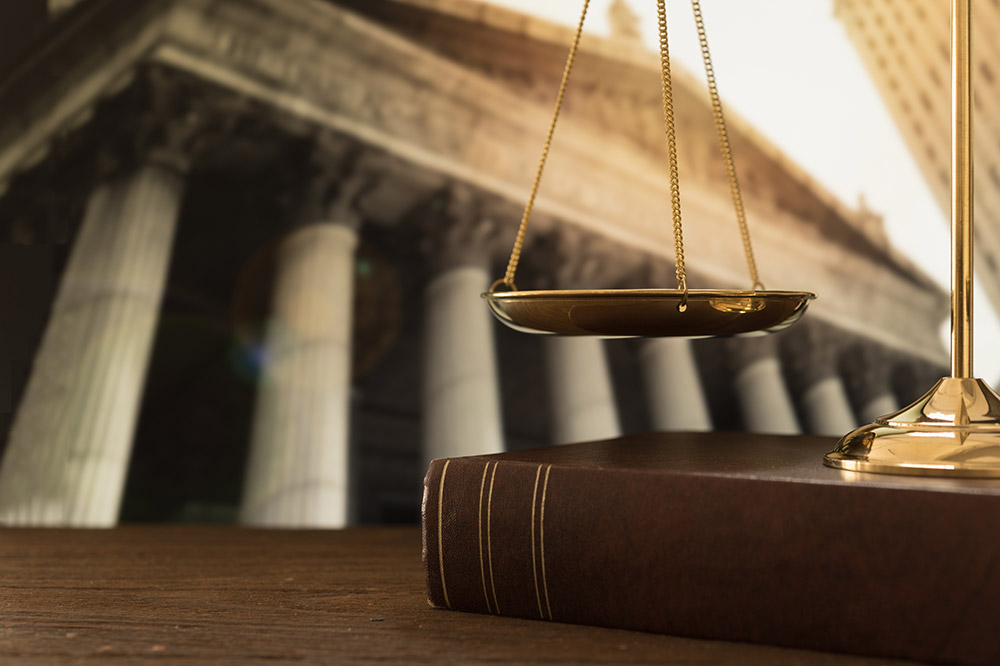2014 saw an increase in TCPA litigation, especially class action litigation, as well as significant FTC and FCC enforcement. In 2014, we grappled with what the new “written consent” standard meant, and dozens of TCPA-related petitions were filed with the FCC. New risks related to VoIP and wireless lines emerged. What does 2015 have in… Continue reading Happy New year from the TCPA!
Tag: Class Actions
TCPA Compliance Case Update: Favorable ruling in California on ATDS Issue and Fax Opt Out Clarified by FCC
In the case of Marks v. Crunch Sand Diego, LLC., the court held that the defendant’s web-based system that was used to send text messages was not an automatic telephone dialing system.
TCPA Wireless Compliance Cliff: Lessons Learned One Year Later
One year ago today, significant TCPA changes involving cell phones and autodialers went into effect, forever changing our industry. So, what is the state of the regulatory environment one year after the TCPA compliance cliff?
Watch out when Calling VoIP phone numbers. TCPA Case Makes it More Dangerous than Ever
The district court found that the TCPA provision that prohibits calls to “any telephone number assigned to … any service for which the called party is charged for the call” applied to the calls to the plaintiff’s VOIP line because the plaintiff was charged per call.
Court Struggles in Interpreting the TCPA
On July 7, the District Court for the Northern District of Illinois in Kolinek v. Walgreen Co. issued an order vacating its earlier order dismissing the case. The court found that it had previously misinterpreted the FCC’s definition of “prior express consent.” The court’s previous decision had effectively held that as a general rule, “when… Continue reading Court Struggles in Interpreting the TCPA
Two recent decisions in the Ninth Circuit
Thomas v. Taco Bell Corp. the Ninth Circuit recently upheld a lower court’s decision declining to extend vicarious liability under agency principles to the defendant in the case. Sherman v. Yahoo! Inc., denied a request by the defendant to reconsider the court’s earlier order denying summary judgment.





